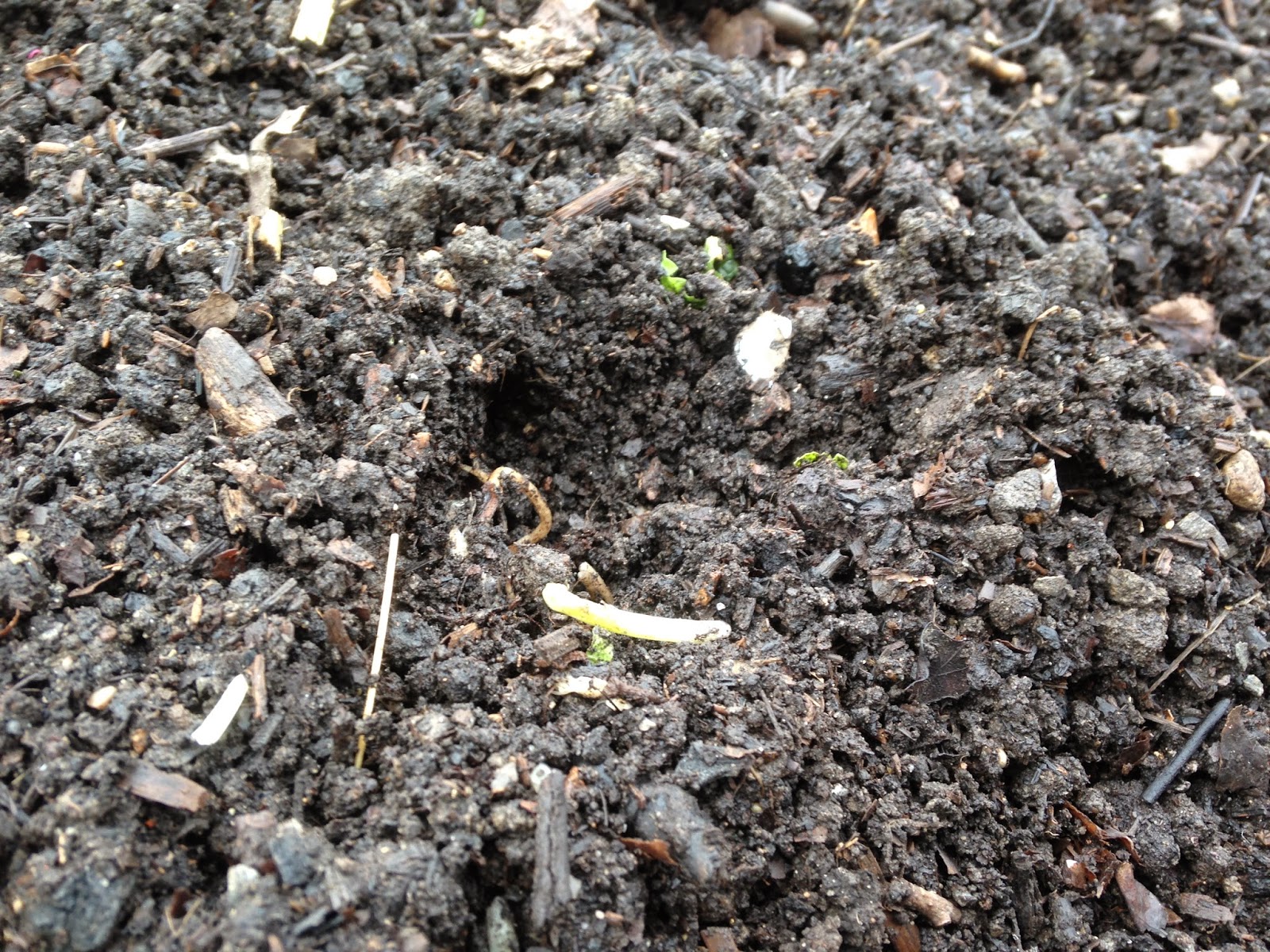Field Study's Man in E11 dropped a 't' in a forest of symbols
Found text - 2007
Lost in the words? Lost in the woods! It seems
there are unexpected and peculiar hazards involved in a social anthropological
field study of a pleasant society. Pleasant society? Peasant society! My
participation in a community wine making scheme rendered me confused and
dis-consonant (or is it mis-consonant?). The pictures featured in the previous post may tell the story of
how we picked grapes and delivered them to Hawkwood, and the Organiclea
Community Wine Making Scheme. There may be, to an anthropologically trained
eye, subtle, even overlook-able details as to the nature of the wine making
process. My eye (with other faculties) is anthropologically untrained and this,
I believe, explains why I succumbed to the curious mental phenomena I
experienced as a neophyte wine grape picker and giver; consonant absence and
confusion. This condition of 'dis-mis-consonance' is particularly problematic when
trying to compose a field report which reflects sensitively on the intricacies of
personal and social or political experience - or even, "poli-ical"
experience, as it is in the field of dropped consonants. The pictures suggest
to me that technological innovation has rendered obsolete the need for bare
foot treading of grapes however this technical obsolescence does not mean
sensitive treading about the field and its fruits is altogether no longer
required. I laboured in the liminal space between treading and reading to
restore and maintain consonants for the sake of consonance and here then are
some of the liminal labours (labors) of Field Study's Man in E11.
A pleasant peasant picking?
The word 'peasant' crops up in 12 of the
posts on Organiclea's Growing Site, and most recently, in, 'Not One to Wine', Organiclea's community wine making scheme is presented as
an example of a re-emergent peasant mode of production; a communal wine pooling of
resources. There has been in Ru Litherland's musings about local food
production an increasing identification and affinity with peasantry. In Fruits
of the Forest, (2003), Ru wrote:
'It is not necessary for our population to
enter the ranks of the semi-peasantry to gain culturally from a local food
identity'.
Ten years on and the 'semi-' has been
removed from the identity politics of local food production and consumption, at
least in more recent written communications. The 12 posts (and more) propose and assert
wide ranging and complex insights into the ideology of food and the broad
conclusion I've drawn is that the most ideologically sound position to take is
that of a peasant or peasant society. In a 2013 report I imagine the word 'not'
also being removed and the words 'more of' being inserted. The community wine
making scheme provided an opportunity to find out more directly about what or
how a specific peasant society is, as lived by the folk of Hawkwood Nursery and all who visit her. I'd read
about the grapes of mirth and joy and so it was time to metaphorically tread
them too. We picked our grapes, loaded them up in our barrow and headed off to
offer them to the Dionysians of Hawkwood near the mythical Chingford Mount. t.
Of(f) course this is the very point of
departure from what could have been a sensible and potentially valuable study
of a peasant mode of production. The pictures suggest something sensible was
partially achieved however the fact finding mission actually disintegrated as
distraction, deviation and fiction finding took control. The pictures cannot
tell the whole story of what went on in the mind of the field student and just
as well for some sensitivity was a casualty in the unpleasant mind-field of our man
in E11 gone all E4. On course, the experience promised some home grown drunken insensibility in 2014 however there were other as yet untainted sensibilities and sensitivities to be negotiated in the fermenting interim.
If, as the adage goes, 'every picture is worth a thousand words', (bunkum!?) there were at least 19,000 thousand words I got lost in as a wayward field student in search of some insights into modern day peasantry. 19,000 words made for a bewildering forest of symbols replete with mythical characters, paths and tales. My pseudo-psycho-anthropological field trip found me in various states of separation and margin (but not, I think, aggregation) in which distraction and diversion were potent forces. Revealing the explicit nature of my inner immersion in the community wine making field would make for a taint in the multi-varietal Utopian brew. To recount further than an image of a goat masked, semi naked, wheel barrow shoving, begourded (a bright tomato red gourd) Field Study's Man in E17, declaring in a state of mock dyonisian or bacchanalian ecstacy, that his/my mis-consonant pick is bigger than your pick gives an idea, in clumsy innuendo, of the characters, paths and tales he found and lost himself in. They probably don't, at this point, make for a useful contribution to a dialectic on the politics of food.
This post then is intended to salute Ru Litherland's growers blog which does make a useful contribution, based as it is on details and experiences that might be overlook-able to the less sensitive and genuinely inquiring eye. A nod and a salute and so the liberty of introducing to Lost and Found in E11, Hawkwood Nursery in Chingford, Organiclea's Growing Site.
'Part of what functioning, free communities can be working for and spreading to others is just a different way of living, which is not based on maximizing consumer goods, but on maximizing values that are important for life. That's growth, too, just growth in a different direction.'
Noam Chomsky, Occupy (Penguin, 2013)




I found this - http://www.youtube.com/watch?feature=player_detailpage&v=DQhlCRpuX8Y - following a recommendation by Slavoj Zizek, in, The Perverts Guide to Ideology. I think I need to sort out my Appollonian/Dionysian dichotomy
ReplyDelete